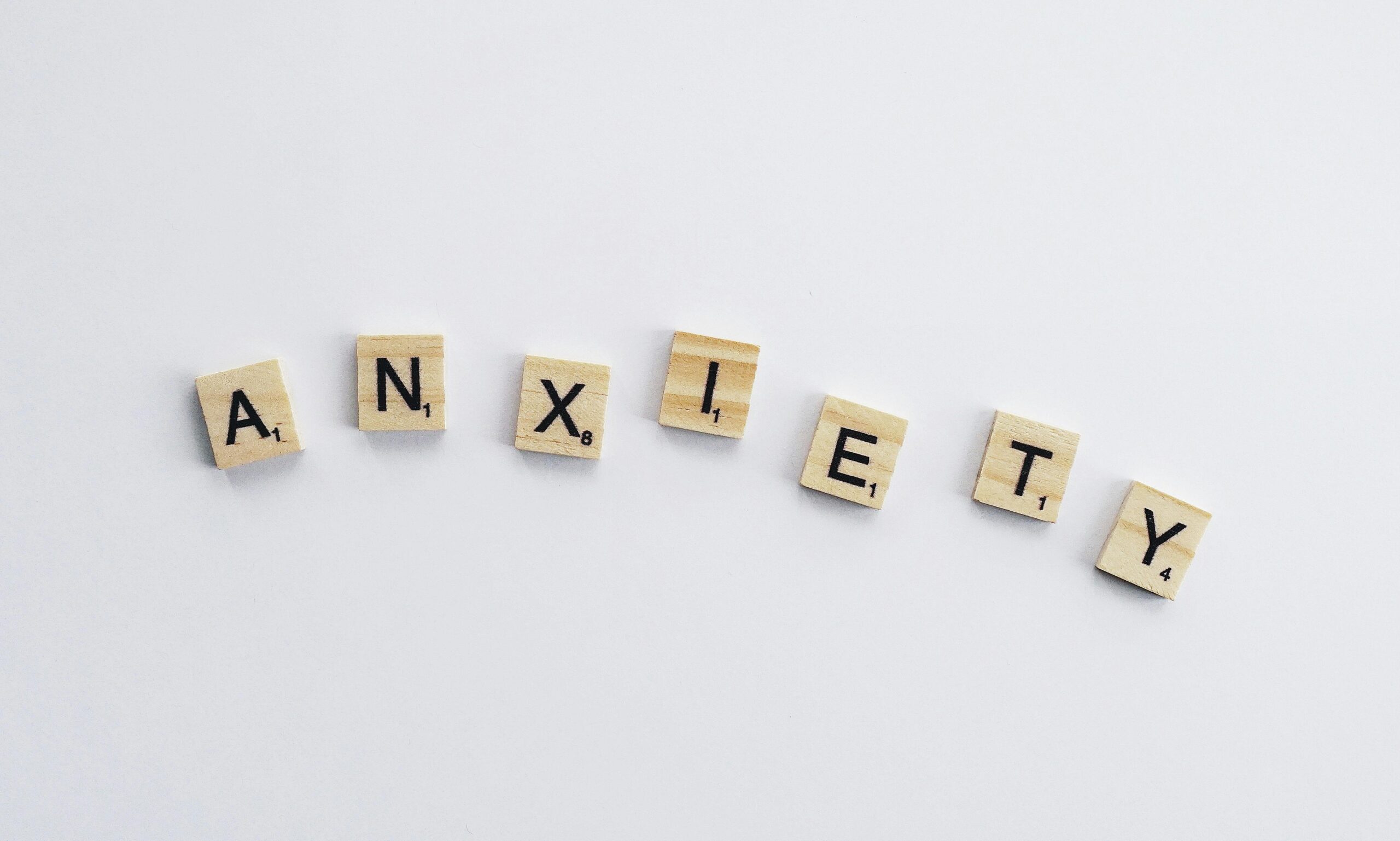
18 Feb Effective Strategies for Managing Anxiety and Stress
Anxiety and stress are a natural part of life, but when they become overwhelming, they can take a significant toll on both mental and physical well-being. Here at Future Edge Therapy, we understand how these challenges can impact your daily life, and we’re here to help. From practicing practical coping mechanisms to exploring therapeutic interventions, we provide tailored support to help you regain control and find balance. Below, we take a look at some effective ways to manage anxiety and stress.
Breathwork and Grounding Techniques
When anxiety strikes, our breathing often becomes shallow and rapid, exacerbating feelings of panic. Simple breathwork exercises, such as diaphragmatic breathing or the 4-7-8 technique (inhale for four seconds, hold for seven, exhale for eight), can help regulate the nervous system and induce relaxation. Grounding techniques, like the 5-4-3-2-1 method (identifying five things you can see, four you can touch, three you can hear, two you can smell, and one you can taste), can also help bring your focus back to the present moment.
Mindfulness and Meditation
Practising mindfulness can significantly reduce stress levels by keeping you anchored in the present rather than ruminating on past worries or future uncertainties. Guided meditations, body scans, or even mindful walking can enhance your awareness and create space between you and your anxious thoughts, allowing for a greater sense of clarity and control.
Prioritising Sleep and Rest
Poor sleep can intensify stress and anxiety, making it crucial to establish a healthy bedtime routine. Avoiding screens before bed, limiting caffeine intake in the afternoon, and engaging in calming activities such as reading or gentle stretching can all contribute to better sleep hygiene. Creating a restful environment free from distractions will also improve sleep quality, helping you wake up feeling more refreshed.
Physical Activity and Movement
Exercise is one of the most effective ways to reduce stress and anxiety. Engaging in activities like yoga, walking, swimming, or even dancing releases endorphins, which are natural mood boosters. Movement also helps to break the cycle of anxious thoughts and provides an opportunity to reconnect with your body in a positive way.
Journaling and Expressing Emotions
Writing down your thoughts and feelings can be a powerful tool for managing anxiety. Journaling allows you to process emotions, identify triggers, and gain perspective on challenges. Expressing your feelings through creative outlets such as art, music, or poetry can also provide relief and a sense of emotional release.
Seeking Professional Support
In most cases, self-help strategies are not enough, and additional support is needed. Therapies such as EMDR, hypnotherapy, and integrative counselling can provide valuable tools to address underlying causes of anxiety and stress. At Future Edge Therapy, we offer a safe, compassionate space to explore these issues and develop personalised strategies for lasting relief.
Finding What Works for You
Managing anxiety and stress is a personal journey, and what works for one person may not work for another. Experiment with different techniques, be patient with yourself, and recognise that small, consistent changes can lead to significant improvements over time.
If you’re struggling with anxiety or stress and would like professional guidance, we’d love to help. Please get in touch with us today to start your journey towards inner calm and resilience.
 7 ways to combat anxiety - Free ebook
7 ways to combat anxiety - Free ebook

